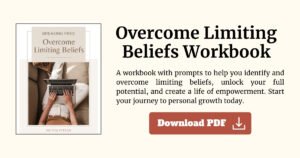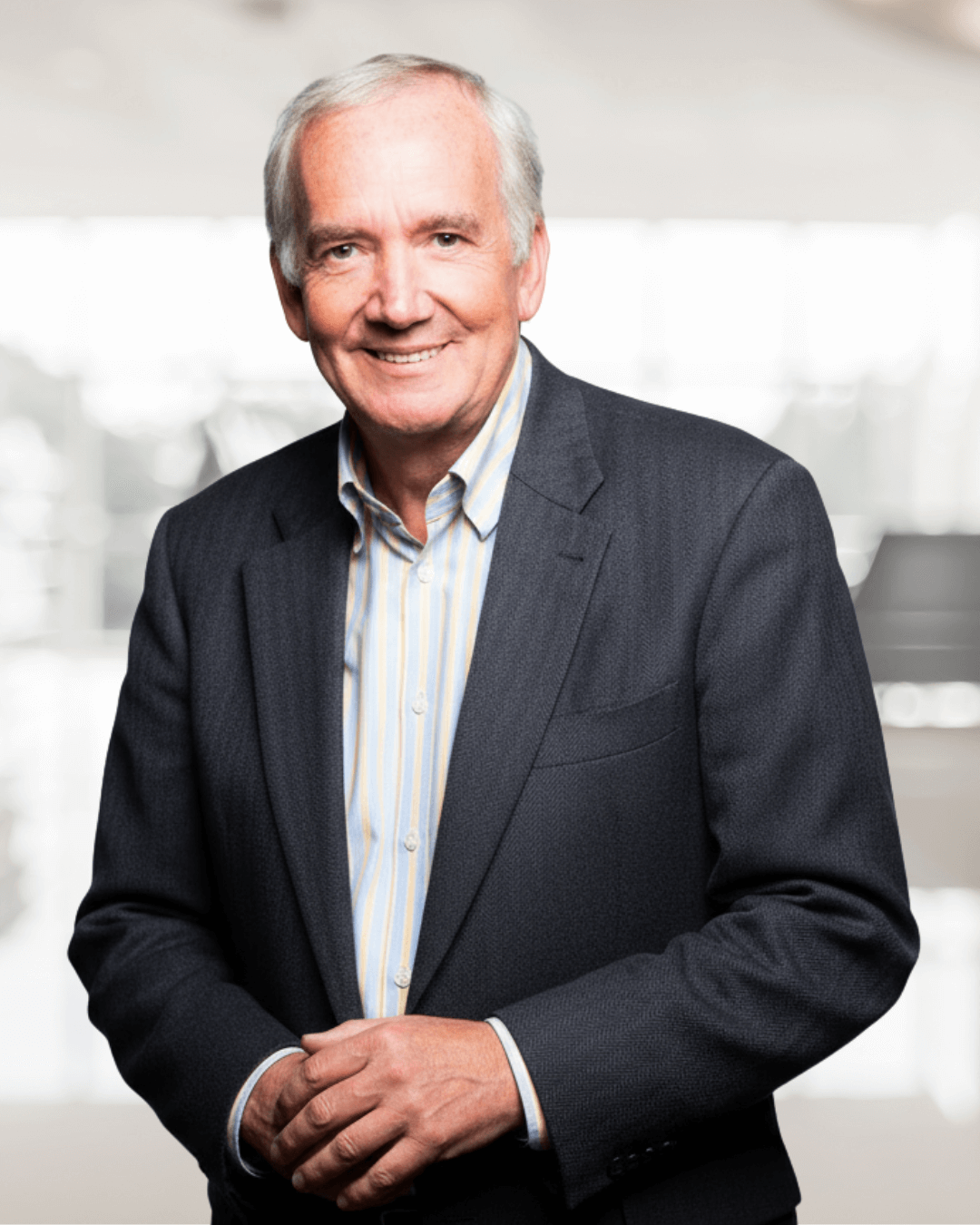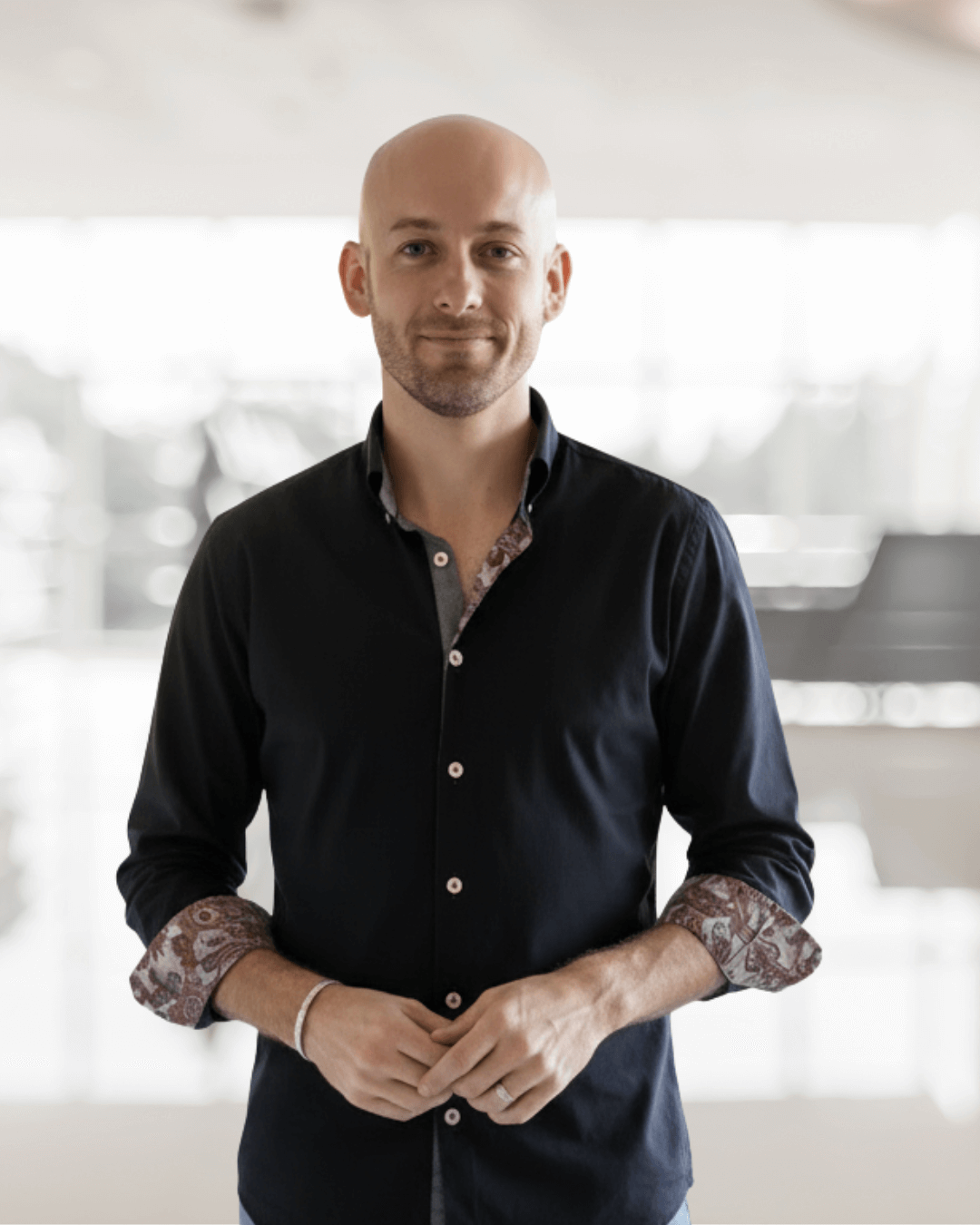Positive Psychology – History, Strengths, and Research
Survey research, as with all methods of data collection, comes with both Strengths and research. We’ll examine both in this section.
You may hear the term “positive psychology” being thrown around more and more and not really know what it means. So, what does it mean? It isn’t some complex psychological theory that only doctors can understand, but rather a simple term that can be applied in many different situations. This article will help describe the history of positive psychology, dispel any misconceptions, and build a thorough understanding of how this term can be used in your own life.
Positive psychology isn’t just some new age, hippie way of complicating the phrase “don’t worry, be happy,” but rather a way of looking at the world and influencing your life philosophy by focusing on the positive side of everything. This often results in using positive outlooks in institutions such as school, counseling, coaching, or rehab to name a few.
However you’ve heard of positive psychology, there’s a good chance you will start to hear it more often.
The Geelong Grammar School, located near Melbourne, Australia, is one of the many private schools that have adapted positive psychology as their main pillar of education. A statement on their website says “Positive Education brings together the science of Positive Psychology with best-practice teaching to encourage and support individuals, schools and communities to flourish. We refer to flourishing as a combination of ‘feeling good and doing good’.”
The Geelong Grammar School won’t be the last school to use positive psychology in their school’s focus. So where did it come from?
But before you continue you might like to consider our free worksheet on exploring “Limiting Beliefs”. Please download this worksheet here.
The History of Positive Psychology
Positive psychology in practice has existed in multiple religions and schools of thought dating back to at least the classical Greece era with Plato and Aristotle focusing on the happiness and well-being of their students by emphasizing positive aspects of their lives. Every major philosophical figure in history has discussed what it means to live a “good” individual and societal life. Positive psychology focuses on the process of reaching this level of well-being.
When it comes to the actual phrase positive psychology, Abraham Maslow might be the first author to coin the term. The last chapter of his book Motivation and Personality was titled “Toward a Positive Psychology.” The first edition of Maslow’s book was published in 1954, and while the second edition did not feature this chapter, he could be credited with creating the phrase.
Positive psychology took hold as a new area of study in 1998. Martin Seligman became the president of the American Psychological Association and chose “positive psychology” as the theme of his term.
Seligman, whose work on learned helplessness helped vault him into the upper echelon of psychologists, but the book he wrote with Christopher Peterson, Character Strengths and Virtues, served as a practical look at positive psychology as a way of helping individuals focus on the positive aspects of their life and live a virtuous, fulfilling life. Seligman and Peterson highlighted six specific virtues that, when built upon, would help a person live a happier life.
Those virtues were:
- Wisdom and Knowledge
- Courage
- Humanity
- Justice
- Temperance
- Transcendence
Any sort of application of positive psychology since its inception has revolved around the positive outlook of human life based on these virtues and the subsets that branch out from them.
A Positive Character
An individual’s character is more than their attitudes or personality. It is the sum of all their experiences, their outlook on life, their actions. Character is everything a person says, thinks, and does.
When Seligman and Peterson studied the six character virtues above, they found 24 strengths that fit within each category and decided that all 24 strengths appeared in the majority of cultures around the world. They claimed that every individual had some mix of the 24 strengths within them.
Positive psychology isn’t about focusing on fixing the bad in individuals, but rather, amplifying the good and making sure these 24 strengths become key aspects of a person’s character.
These 24 positive strengths focus on what is inside, instead of what is outside. They are something everyone can have, regardless of ethnicity, appearance, or background. Building on these strengths creates a society that is built on the foundations of personal reflection and self-improvement. They help everyone overcome the challenges that are inevitable in life.
Wisdom and Knowledge
The first virtue that makes up positive psychology is a combination of wisdom and knowledge. Seligman specified five character strengths that fall under this category.
- Creativity
- Curiosity
- Open-mindedness
- Love of learning
- Perspective
In today’s society, wisdom is often equated to book smarts. You are wise if you know how to write code, operate a laboratory, or recite Shakespeare. However, a more positive outlook on wisdom and knowledge is more objective and individual.
Everyone can be creative and curious. It doesn’t matter where this takes you, but rather how much you apply it. Creativity can be something as simple as doing a puzzle in your free time or something as complex as painting portraits for a career. Seligman wrote in his book Authentic Happiness, “Authentic happiness derives from raising the bar for yourself, not rating yourself against others.”
These strengths are all based on your own life. You can’t compare your love of learning to someone else’s love of learning. A love of learning manifests itself in many different ways. The simple fact is you have it or you don’t. You don’t want to focus on how fast you can learn, any bumps in the learning process, or the fact that you learn about repairing furniture where someone else learns about music theory. Wisdom and knowledge are a strength everyone can have, they just have to recognize how to incorporate these individual strengths into their life.
Courage
Courage is more than just being able to face the dragon to save the princess. Courage is being able to speak up for what is right, to continue volunteering at a difficult job, or telling the truth when you know it will hurt your relationship with someone. Courage, as Seligman described it, is made up of:
- Bravery
- Persistence
- Honesty
- Passion
Courage can be one of the hardest of the six virtues to keep prevalent in your life and character. That is why it is a crucial part of positive psychology. If you focus on how often you succumb to fear, you won’t accomplish any sort of courageous act. However, if you focus on the strength inside of you, you will be able to be brave and persist in difficult tasks.
Courage is all about looking at events in the long run instead of keeping short-term satisfaction in mind. You have to believe in sacrificing your happiness in small increments with the future in mind. If you are passionate about pursuing a career as a novelist, you have to realize that writing for hours every day after your day job won’t be more pleasant than watching Netflix on your couch.
Ask yourself what you are passionate about. Ask yourself what can you not stay silent about. Ask yourself what you think the world needs more of. These kinds of questions will help lead you to a more courageous life and help you strengthen the four traits that build this virtue.
Humanity
Humanity is at the base of virtually every religious and spiritual sect in the history of mankind. We are taught how to be a good human, however different those teaching may be. When it comes down to it, the major themes that tie all major religions together are the character strengths that Seligman used to describe the virtue of humanity.
- Love
- Kindness
- Social intelligence
Kindness and love are commonly cited as the most important character strengths needed for a happy life. Instead of focusing on what you can take away from society and relationships, focus on what you can give. Become a positive force in your surroundings and you will build up your environment and yourself.
A common misconception about humanitarian efforts is that it always has to involve money. Donating to the Red Cross or giving money to the homeless are common responses on how to be kind. Kindness is being a shoulder to a cry on, supporting your friend at a sporting event, or helping someone move. You have to be concerned with the well-being of someone who isn’t yourself. You believe that everyone deserves to be treated well and fairly. Everyone.
Social intelligence includes more than just being able to navigate your way around a party. Instead, it is the ability to recognize what other people may be feeling and operate with love and kindness according to that knowledge. It is seeing things from another person’s point of view or helping a family dinner run smoothly by cooking some of the side dishes or cleaning the dirty dishes. Social intelligence is being kind by using your knowledge of certain social situations.
Justice
Your sense of justice is built upon how you positively impact the structure of your culture. Living a happy and fulfilled life according to positive psychology means that you are focused on being a good citizen and acting as a leader in your community. In Character Strengths and Virtues, justice is broken down into three positive strengths.
- Citizenship
- Fairness
- Leadership
You can be a leader and ensure justice in any situation. If you go through life as an individual or as a follower in every situation, you won’t find much happiness and you will miss out on any fulfillment. As a leader, you can help others set and achieve goals, facilitate a smooth operation, and provide a positive outlook for the group you are leading. In the end, the success of your group will reflect on you and give you something to be proud of.
It is shown that individuals who have a sense of citizenship and teamwork find that they trust others and are trusted more by others. This will lead to a positive view of those around you. If you fill a role in a group, you will become a more rounded and successful individual. You will feel more complete.
Temperance
Temperance will help you lead a more peaceful life. You will focus on what is important and be able to move past what is not. The character strengths that come from temperance are all up to you and can be practiced in every situation.
- Forgiveness
- Humility
- Prudence
- Self-control
You can practice forgiveness and mercy in big or small situations. It is something that can be actively practiced to build a greater sense of self-worth and a stronger belief in those around you.
Prudence and self-control take that strong belief and focus it on yourself instead. If you spend time improving yourself, you will notice how much easier everything else becomes.
Transcendence
While every other one of the six virtues can contribute to a fulfilling life, these five character strengths can help you transcend normal enjoyment of life. If you can bring even one of these into your life at a high level you will be further along than most other people. These are the traits that cement positive psychology as an authentic study built on sound principles. Seligman’s last five strengths might be the most important.
- Appreciation of Beauty and Excellence
- Gratitude
- Hope
- Humor
- Spirituality
While not common, these character strengths are far from complex. You can appreciate the beauty in everything. Mindfulness of the world around you and the present moment helps build this appreciation and give you a constant sense of awe at the mechanisms that connect you with everything around you. This is why the most transcendent gurus and teachers tend to be smiling and laughing a lot. They realize the beauty that is constantly surrounding them. It only takes a few minutes of practice each day and you will soon be able to do the same.
Humor also plays a key role in positive psychology because without humor it is hard to fully enjoy life. Some of the happiest people can find the most difficult situations funny. While you don’t need to laugh everything off, it can be beneficial to find irony in dark places. It will help you be able to handle struggles where most people would fail to succeed under serious pressure.
Spirituality comes in many different shapes and forms. Positive psychology itself was adapted from many different spiritual practices in history. It can be a belief in God, a belief that everything is meaningless, or a belief that a giant spaghetti monster is controlling all our actions. The key is that whatever spirituality you adopt, you have to focus on the positives that come with it. Focus on the good it brings out in you and the world around you.
All these strengths and virtues make up the complex web of the study of positive psychology. Some scientists or leaders might focus on one group over others, but the goal will always be the same: using a positive approach to human characteristics as a way to positive psychology as a study bring about a more fulfilling and enjoyable life. This is the basis of the many studies that have been conducted in the field.
Studying Positive Psychology
The popular belief is that positive psychology is a term concerned with a soft science. Rather than a psychological phenomenon backed by hard evidence, a good number of people believe that positive psychology is a more fluid practice that deals with general principles and results. This couldn’t be further from the truth.
- A study done by Grant E. Donnelly at the Harvard business school studied the happiness of over four thousand millionaires. This study was aimed at discovering if greater money brought about greater happiness. After Donnelly and his classmates finished, they concluded that the source of a millionaire’s money impacted their happiness. Those who inherited their money were less happy than those who worked for their money. This leads us to the conclusion that hard work and accomplishment—two key components of positive psychology—create a more positive life
- Ryan T. Howell and Graham Hill did a study at San Francisco State University to determine if purchases made on experiences, such as vacations or extreme activities, provided more happiness than purchases made on objects, such as stereo systems and new computers. They concluded that experiences did indeed correlate to a more fulfilling purchase. The happiness that you can gain from a vacation to a new place will last longer, reach better heights, and help you grow more. A new computer can only provide so much.
- A study performed by a group consisting of the University of California and the University of British Columbia faculty members aimed at testing whether kind acts improved the well-being of children. They tested 9-11-year-olds in 19 different Vancouver classrooms and studied students who were instructed to perform three acts of kindness every week. They discovered that not only did this group students experience greater social acceptance than the other group studied (who were instructed to visit three new places) but also an increased sense of happiness. This proves positive psychology’s application in school could help facilitate greater union and happiness among students. If kids are educated in the importance of helping others along with memorizing multiplication tables, they might experience a happier and more complete time at school.
- The University of Pennsylvania has a particularly expansive list of every study done in the field of positive psychology. They include this study from James H Fowler at the University of California, San Diego, that examined the happiness of individuals and their social networks over 20 years. Fowler found that individual happiness is indeed dependent on how happy the people are who surround that individual. This shows that if you build a positive environment, it will indeed spread. Positive psychology is centered on this very idea. It is tough to instill those six virtues and 24 character strengths in every single person, but you can instill them in a select few and watch it spread naturally.
Who Is Using Positive Psychology?
The real question after you’ve seen these studies is “if it works, why isn’t every school adopting a positive psychological approach?” While it is hard to adopt a systematic change to a school system that has been the same for decades now, several private schools are building their education on positive psychology; there are also a few universities that offer positive psychology as a study.
On the individual side, some psychologists and doctors use positive psychology in their work with the public. They are making strides with patients and clients by building up strengths instead of focusing on weaknesses and shortcomings. This helps a patient undergoing therapy or a client attending life-coaching sessions to completely change their life. They build upon positive emotions and as they get happier they have a better capability of building more positive emotions. The snowball process is much more effective than making negative emotions the center of lessons.
Workspaces in start-ups and big corporations alike are also taking advantage of the benefits of positive psychology. Managers and owners are encouraging employees to work independently, solve problems, and speak up about their thoughts. Gone are the days of a strict hierarchy and cubicles and instead we are ushering in an era of open floor plans, collaboration, empowerment, and a healthy workplace. Happy employees mean work gets completed quicker and better.
Positive Education Using Positive Psychology
Positive education is the branch of positive psychology that those schools mentioned earlier are making use of in their schooling model. As studies prove that positive education builds a complete life for students, more and more schools are testing out these revolutionary education techniques.
PESA (Positive Education Schools Association) is based in Australia and is one of the organizations helping schools adopt a more complete positive education. They host conferences every year where speakers and workshops give administrators and teachers the tools they need to adopt this system. Their vision is stated as “for the science of well-being and positive psychology to be integrated throughout the education system, enabling all students, schools, and communities to flourish.”
The Geelong Grammar School mentioned earlier in the article is one of the private institutions that is using positive psychology to help its students lead more meaningful lives. The school aims to cultivate the best in every student while enhancing both the work and play of students, teachers, and family members. They shape their positive education curriculum around cultivating positive emotions. They want their students to engage and build positive relationships.
The Shipley School is a private pre-kindergarten through high school institution. They are located in Pennsylvania and model themselves as the North America equivalent of the Geelong Institute. Instead of just teaching students the structure of cells and the Pythagorean theorem, they are instilling virtues of optimism, resilience, gratitude, and compassion. The Shipley School wants its students to build upon successes and what is already good in their lives instead of focusing on failures and shortcomings. The Shipley School is hoping to be the first of many schools in the United States to build its curriculum on positive psychology.
The University of Pennsylvania and the University of Melbourne are two schools that even offer a master’s degree in applied positive psychology. Dr. Martin Seligman is the head of the department at the University of Pennsylvania, so students there get to work with one of the founding fathers of positive psychology as they learn how to apply it in real-world situations and adapt it to different scenarios.
How To Use Positive Psychology
Now that you’ve learned about positive psychology and its history, the next step is to learn how to use it in your own life. While positive psychology has its applications at institutional levels, practical use always starts at an individual stage. You can’t teach students to be happier if you aren’t living it. You can help clients live more fulfilling lives if you don’t know how to yourself. The process of positive psychology has always been about the individual.
- Choose to be happy
This is the most general and vaguest of all the ways to practice positive psychology, but it is the most powerful. It is easier to choose to be sad. It is easier to live a life full of pain. You can play the blame game and say you aren’t successful because of a, b, and c. However, you have the power to choose to be happy in any situation.
It is as simple as choosing to be happy and as complex as choosing to be happy. That is why positive psychology can be incredibly difficult to implement at first. Our society promotes choosing unhappiness because it is more productive to businesses and office spaces if you are unfulfilled and feel the need to be chasing after fulfillment through material purchases.
To choose happiness, you can start in small moments every day. When you start to feel discontent, angry, annoyed, or any other negative emotion, acknowledge those feelings, and then choose to pivot towards a more positive emotion. Appreciate the current moment and realize you don’t need anything else to make it complete. You can be happy exactly the way you are right now. You can choose that life for yourself.
- Keep a gratitude journal.
Gratitude is one of the transcendent character strengths, so if you learn to appreciate things more, you will start to live a more fulfilled life. Positive psychology is all about focusing on the good and beautiful inside of people and gratitude accomplishes the same goal but on a wider scale. You can be grateful for your own life, the life of others, or an infinite number of things that surround your lives.
Before you end every day, write down a small list of things you are grateful for. You can start small to make it easier on yourself, say 3-4 things every night, but as you build a greater sense of gratitude it will be easier to list more and more things every day. This practice will help you become more grateful for the positive aspects of your life and make you want to seek out more beauty and more blessings.
- Three Nice Acts
Just like the students in the study we covered earlier, it would be beneficial for you to seek out opportunities to perform kind acts. Something as simple as three nice acts a week, or a day if you are feeling ambitious, is enough to change your life for the better. It also has the added benefit of changing the lives of those around you.
You don’t have to sit down every Sunday and plan out how you are going to be nice to people, I even recommend against that. It feels too rigid and forced. Rather, you should simply go throughout your week looking for ways to help others and focus on jumping at those opportunities instead of shying away from them. Then, you can record your experience in a notebook and slowly become better at seeking out these opportunities.
- Do something creative for 15 minutes a day
Building creativity will help you build a lot of different character strengths that result in a more fulfilling life. Self-control, passion, appreciation of beauty, or love of learning are a couple of the strengths you will bolster. To build that creativity, you have to be creative. Again, another direction that is both incredibly simple in theory, but can be difficult to accomplish. It is hard to find time to devote to hobbies or crafts if you work a full-time job and have a family. Thankfully, you can start small.
15 minutes is easy to find every day. Whether it is your lunch break at work, the small pause right before dinner at home, or an extra 15 minutes you find right before you go to bed, there are ways you can fit this into your schedule. Then, you just have to figure out what creative outlet excites you. For some people, this will come naturally. For others, you might have to experiment a bit, which is ok. Not everyone knows what their passion is, so don’t be worried if you have to hunt it down.
This little taste of positive psychology will hopefully help you build a better understanding of what this scientific study is all about, how it is bringing social change, and how you can incorporate these ideas into your own life. Positive psychology will be a force in this world as we step into our next stage of development, and the ideas that back the science up will be the forefront of many more people living happier, more complete lives.
The strengths and research of the three principle social scientific research methods of experiment, survey and ethnography are highlighted. For each, the relative emphasis placed on the setting, reliability, generalizability, description of explanatory variables and control of extraneous is summarized.
Are you ready to dive deeper into these concepts? Download our free “Limiting Beliefs Workbook” to begin your own positive transformation and uncover the strengths that will propel you forward!

















